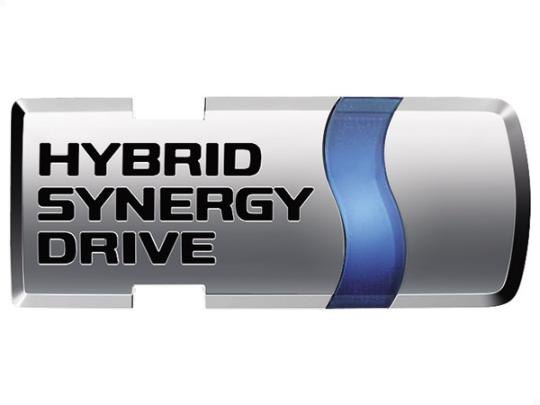Toyota Hybrids Facing US-Market Ban?
Bloomberg reports that the US International Trade Commission has launched a probe of alleged patent violations which could result in the banning of all Toyota hybrids from the US market. Paice LLC won a 2005 civil suit against Toyota, in which Paice’s founder Alex Severinsky sought a court order banning the sale of Toyota’s Prius, Highlander and Lexus RX400h hybrids. Instead, an appeals judge awarded Paice $4.3m in damages, and ordered Toyota pay Paice a $100 royalty per hybrid sold in the US. In the current case before the ITC, Paice claims that Toyota’s Camry, third-generation Prius, Lexus HS250h sedan and Lexus RX450h are “are materially the same” and violate the same patents as those in its first case. If Paice can convince the ITC that Toyota indeed violated its patents, he will still need to prove that the little-known company has a market to protect. But Paice doesn’t actually want Toyota to be banned from selling cars. In the words of one patent attorney, an “injunction would have given Paice strong leverage to negotiate a lucrative licensing deal with Toyota…Paice always felt that their technology was worth a lot more than [$100 per car] to Toyota.”
Independent patent lawyer Michael Murphy explains Toyota’s patent violation thusly:
At its heart, it’s the cooperative dual management of the internal combustion and the electric motor. Either one is a candidate at any time for providing some of the torque or all of the torque needed to spin the drive wheels. What Paice says is its real innovation is in the fusing of the two, the seamless management of torque from either or both drive inputs….
If all you were doing was switching from an electric mode to a gas mode, you wouldn’t have infringement. In other words, you wouldn’t have infringement if you made a crude hybrid system that said we’re either running on batteries or we’re running on the gas engine, but never both.
The real point of [Paice’s claimed] sophistication is where you get torque. It may be, under certain conditions, it’s more efficient to get torque from the electric motor. Under other conditions, it’s more efficient to get that from the gas engine. And under other conditions, you want to seamlessly blend torque from both sources.
[Paice would] say their microprocessor-based controller looks at engine speed, motor speed, battery voltage, battery charge, ambient temperature, acceleration, direction, deceleration—all of those things—to make a decision about how much of the torque should be supplied by the engine versus the electric motor. That’s the heart of it. If it was an either-or system, Toyota wouldn’t be in court. Also, it wouldn’t be a very efficient hybrid system.
Read a complete interview with Murphy at hybridcars.com.
More by Edward Niedermeyer
Latest Car Reviews
Read moreLatest Product Reviews
Read moreRecent Comments
- Rrp138519787 If Jeep wanted to re-introduce the Wagoneer name, they just should have named the Grand Cherokee L the Wagoneer instead, and done a little bit more styling differentiation. They could have done a super deluxe version as the Grand Wagoneer. But all Wagoneers would have been the three row version as the primary product differentiation. And would cause less confusion for consumers overall.
- D The only people who have TDS, which I assume is Trump Derangement Syndrome, are the MAGOTS who have been brainwashed to love him. They Know Not What They Do.
- The Oracle The updated Model Y beat this copy to market.
- ToolGuy™ I respect what the seller is doing, but this vehicle is not for me. (Seller doesn't care, has two people lined up already.)
- SCE to AUX How well does the rear camera work in the rain and snow?


































Comments
Join the conversation
[...] you guys gonna do when you cant buy your prius or parts to support it here. Have you all seen this Toyota Hybrids Facing US-Market Ban? | The Truth About Cars "Toyota Faces Patent-Violation Claims That Could Ban Import of Its Hybrids Into U.S." [...]